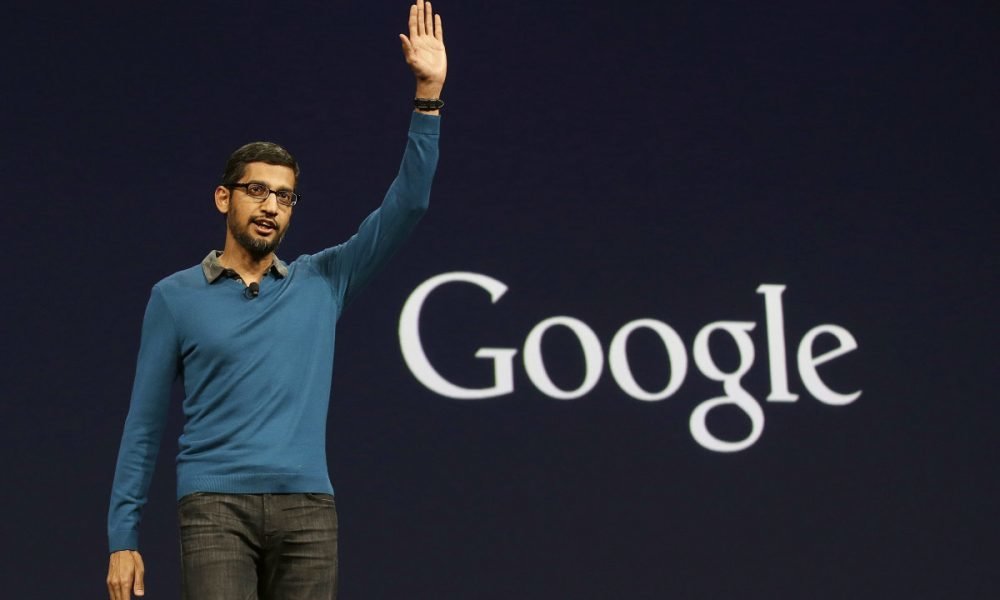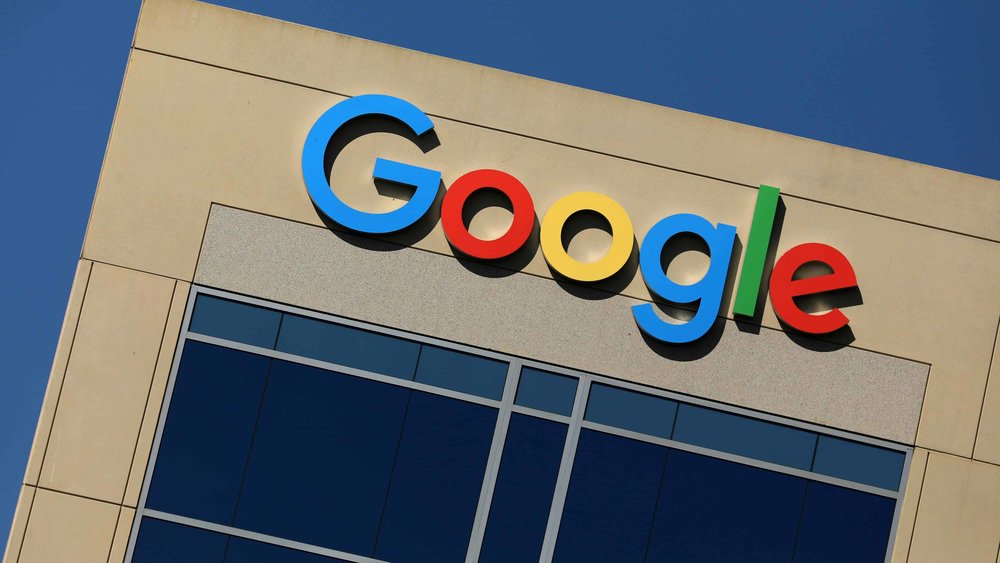
Google’s Chronicle to Spend an Astounding $96 Billion On Cybersecurity.

Last January 2018, Google’s parent company, Alphabet Inc, announced a surprising turn when they revealed their plan to build a new cybersecurity company called Chronicle. A lot of investors all over the world are interested to know about this new business venture, but the press release that time remained tight-lipped about the details. Chronicle has also been silent for a while.
The Other Bets
According to Alphabet Inc, Chronicle is just one of the company’s “Other Bets”, the group of Google’s sister companies that are hoping to make a big name for themselves in the tech industry. Chronicle will join in the list of Google’s sister companies like Waymo for self-driving cars and Loon for high-speed internet access in remote areas. Alphabet also sees the huge potential in cybersecurity, which drove them to establish Chronicle.

According to the research conducted by Gartner, they predict that Alphabet Inc will spend an astounding $96 billion for the cybersecurity company in 2018, and it’ll only increase in the next following years.
And for the first time in a few months, Chronicle’s CEO Stephen Gillett finally reveals some initial details about the said company. According to him, the company is getting closer in releasing its first-ever cybersecurity platform in the public.
Although Gillet refused to say a definite date yet, he claimed that the executives, other security companies, and even some outsiders have already viewed the Chronicle product. Gillet has already called on the chief executives from the top 30 cybersecurity firms to ensure that their technology, as well as their company’s products, weren’t produced to compete with them.
What is the Chronicle?
Ever since then, Chronicle has been conducting alpha tests in various companies, including the smaller firms in healthcare, finance, government, retail, and they even included the Fortune 50 giants. Just this week, word got around that Chronicle’s team moved to a new building in Mountain View, California, where their permanent home resides next to Alphabet’s headquarters.
So, what is the Chronicle? According to Gillett, chronicle can provide a planet-scale security analytics as they combine Google’s existing technologies like machine learning, infrastructure, artificial intelligence, as well as its “near limitless computing” capabilities. This may sound like a giant monitoring and intelligence services like Symantec, FireEye, or McAfee’s current technologies, but Gillett says Chronicles vision is bigger than that, and it’s not in any way replacing the current security offerings in the marketplace.
Harnessing Cybersecurity
For example, Chronicle offers an endpoint monitoring service, a common security product you’ll find in the marketplace where it alerts the security professionals when something goes wrong or if the device starts to malfunction.
Instead, the Chronicle will let the organization determine what they want to do with the information flowing across their environment. While the production is still in pseudo-stealth mode, many companies already moved under the Chronicle as they hope it accomplishes the services and features they want in a cybersecurity firm. Alphabet also hopes that Chronicle, along with its other bets, will be able to deliver an exemplary product ten times the impact of the current technologies we already enjoy.

: According to Gillet, there’s nothing more of a bigger threat to humanity than not implementing or harnessing the cybersecurity threat right.
Aside from establishing Chronicle, Google’s product VirusTotal also moved under Chronicle’s corporate umbrella in early 2018. VirusTotal is a web-based app that analyzes any malware or potential threats under the guise of file attachments and website URLs.
What’s great about this app is that it’s free to use and a lot of security professionals, anti-virus companies, large corporations, and even government agencies are using the said software. VirusTotal also records the hallmarks of malicious activity, including the malware signatures to determine a potential threat and alerts the professionals about it.
The professionals will have the power to vote how harmful the content may be. The product made its debut last 2004 and Google bought it last 2012.
More in Finance & Business
-
`
Santo Spirits: Sammy Hagar and Guy Fieri’s Joint Venture
In the world of business partnerships, some combinations might seem unconventional at first glance. But when you delve deeper into the...
November 16, 2023 -
`
Everything You Need to Know About Mortgage Rate Lock
You have probably embarked on the exciting yet nerve-wracking voyage of purchasing a home. Amidst the sea of paperwork, open houses,...
November 9, 2023 -
`
7 Effective Ways to Make Your Business More Sustainable
In an age of rising environmental consciousness, making your business more sustainable isn’t just a trend; it’s a necessity. Sustainable practices...
November 3, 2023 -
`
Housing Market Going Up? Then Why Not Rent?
“Buy a house! It is the best investment!” How many times have you heard that? Probably enough to make a drinking...
October 29, 2023 -
`
Surprising! Celebs Who You Didn’t Know Had a Master’s Degree
When it comes to celebrities, we often associate them with glitz, glamour, and blockbuster movies. But did you know that some...
October 17, 2023 -
`
Navigating the Housing Maze: The 7% Mortgage Rate Quandary
If there is one thing that this year has thrown our way (apart from those fascinating tech gadgets we did not know...
October 12, 2023 -
`
Where to Buy a House in the U.S With a $100K Salary
Got a cool $100,000 annual paycheck in your pocket? Cheers to that accomplishment! With such a financial cushion, dreams of homeownership...
October 6, 2023 -
`
The “Grave” Housing Crisis Forcing U.S. Homeowners to Sell Their Houses
Every culture has its dreams and aspirations. For those living in the United States, it has traditionally been an idyllic house, spacious and...
October 1, 2023 -
`
Why Private Equity is Betting Big on Hollywood
Hollywood has long been a glamorous yet unpredictable industry. But what is new in Tinseltown? Private equity investments. Yes, that is right!...
September 19, 2023















You must be logged in to post a comment Login